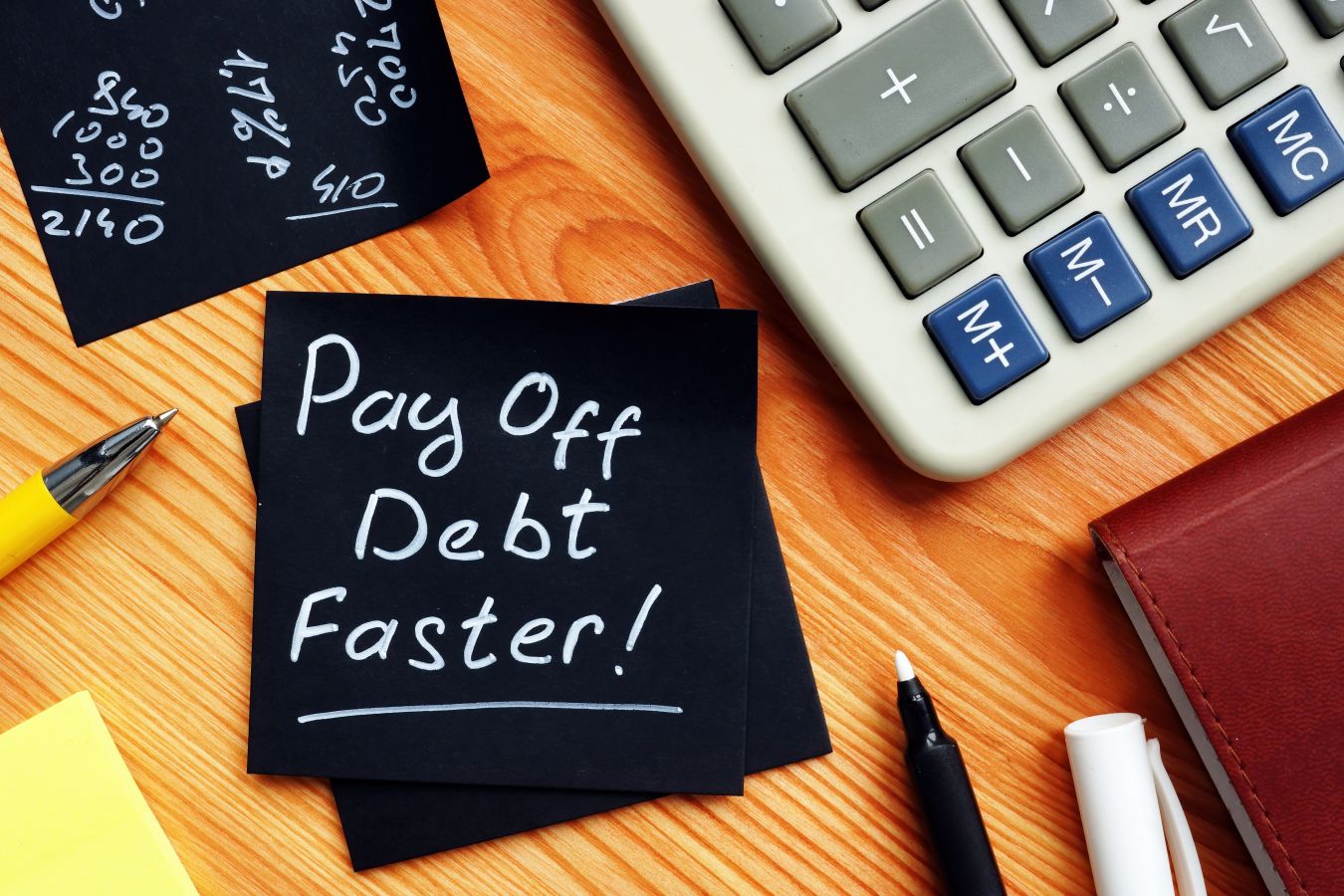Australian consumers are getting better at managing credit card balances – New figures from the Reserve Bank of Australia reveal the nation’s credit card bill in January 2021 dropped by $7.38bn on the same month a year ago – however many borrowers still struggle with paying off the money they owe on ‘the plastic’.
Here is how you can pay your credit cards off faster, save money, get control of your finances, and reduce your money worries.
- Fix a personal budget for reducing your debt
If you only make the minimum repayments on your credit card, it can take more than 30 years to clear a $5,000 debt. That will involve you paying more than $5,000 in interest over that time! That is a vast amount of interest on a debt that barely budges.
So, work out how much money you can afford to pay towards your credit card debts each month, and set up direct debits to pay that fixed amount. $200 per month to clear a $5,000 debt will take three years, not 30!
- Pay off the card debt with the highest interest first
You don’t have to spread your credit card repayments evenly. This point is very important – In your debt repayment budget, pay the minimum on each credit card except the one with the highest interest rate. Allocate the remainder of your budget to the reduction of that credit card debt. When you have paid that card off, close it down. You then have even more money to allocate to the repayment of your second-highest interest rate, and so on.
By tackling the higher rates in this way, you will massively reduce the amount of interest you pay and the time it takes to clear all your debts. This is a technique known as snowballing.
- Reduce your interest rates
You get the same result by reducing your interest rates. Transfer the balance of the existing card debt with the highest interest rate onto a 0% balance-transfer card if you can. You will be charged a small fee for this, but you won’t have to pay interest on the transferred debt for a set period. This means you pay less interest and clear your debt much faster. Make sure you close down the high interest rate card as soon as you transfer the balance to the 0.00% interest card.
- Cancel Payment Protection Insurance PPI
The insurance you buy with your credit cards to protect your payments in the event of accident, sickness or unemployment is vastly over-priced, adding maybe $400 a year to a $5,000 debt.
Cancel your payment protection insurance (PPI), so that you can pay off your debts faster. If you really feel you need the insurance, search the internet for a stand-alone insurance provider, which will be about 80% cheaper, and will likely have better terms.
- Clear your debts before saving?
The interest rates on savings accounts are much lower than credit-card interest rates – other than very special credit card deals. This means that you will be debt-free a lot more quickly if you clear your card debts before you save.
There is an argument for building a reserve of savings before you have cleared your credit cards as it helps you build a savings habit; however, the numbers don’t support that argument. As a result, we advise that you should eliminate your credit card debt first.
- Limit your treats
If you spend a lot of money on clothes, restaurants, wine or whatever – start budgeting a sensible amount for these items. Once you’ve spent your budget for the week or month, the rule is: that is it till next time. Spend your money wisely and build up your willpower!
- Don’t miss payments
Missing payments on your credit cards can be unbelievably expensive. You may be slugged with a penalty fine and interest, you may lose your introductory cheap interest rates, and you run the risk of your tardiness being recorded on your personal credit record.
This could mean borrowing costs will be more expensive for you in future. Automate the process; set up direct debits from your bank account to pay your credit card payments every month.
- Budgeting
The only way that you are going to reduce your debts is when you accept you need a realistic weekly, monthly, and annual budget. It takes time to develop a budget that works, and it changes like your income and your needs. But it is essential to keep at it. Once you’ve got it right, your debts will come down quickly.
See our top tips for preparing a successful budget here or speak to one of our financial advisers today. CONTACT US



